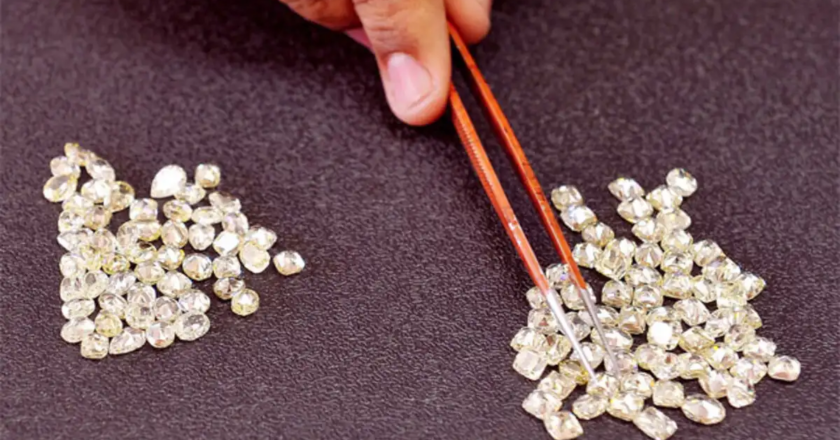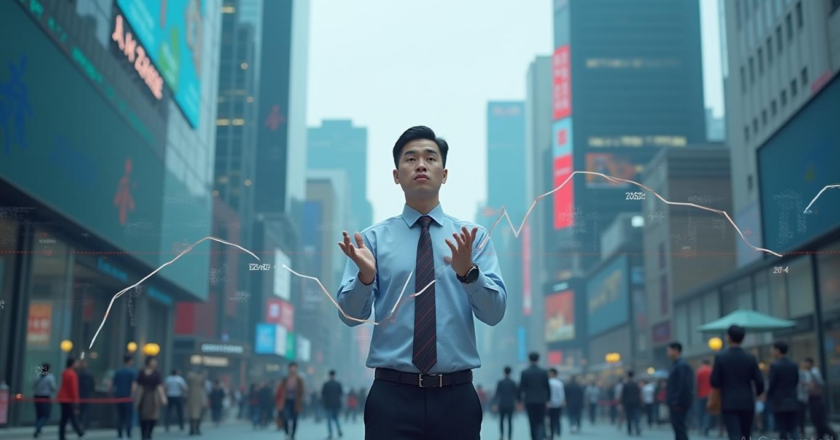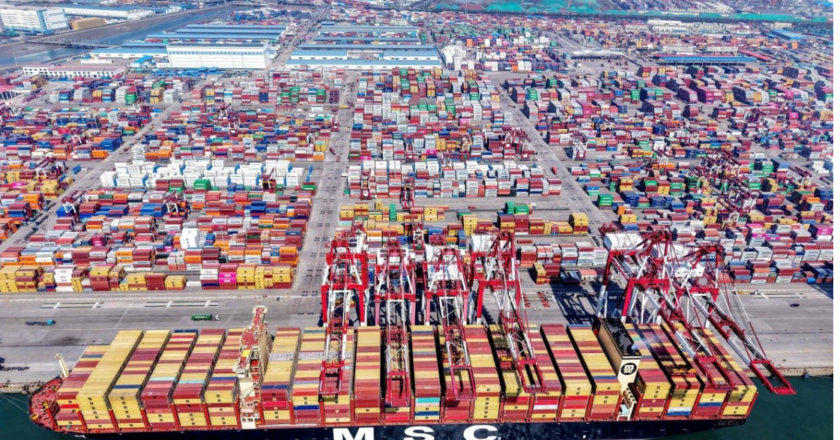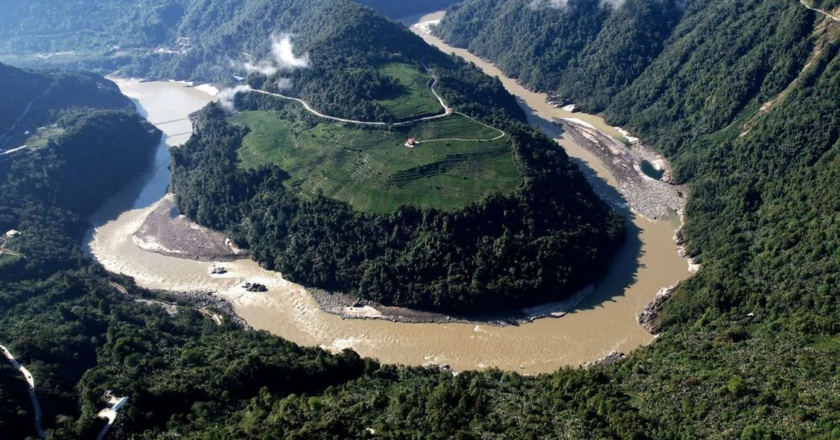The Hidden Exploitation of Sri Lanka’s Gem Industry by Chinese Smuggling Rings
Sri Lanka’s renowned gem industry, famous for its top-tier gemstones, is facing rampant exploitation, primarily fueled by Chinese involvement. It is estimated that Chinese nationals have illegally exported gems worth around 30 billion rupees, creating a shadowy parallel gem market. Local authorities are increasingly alarmed, recognizing the severe threat this poses to legitimate businesses and the country’s economy.
In a recent high-profile case, the Colombo High Court seized over SLR 201 million from the bank account of a Chinese businessman linked to a decade-long smuggling operation. This move followed charges of unlicensed gem trading and money laundering. Earlier this year, Sri Lanka Customs officers intercepted a Chinese father-daughter duo at Bandaranaike International Airpo...









